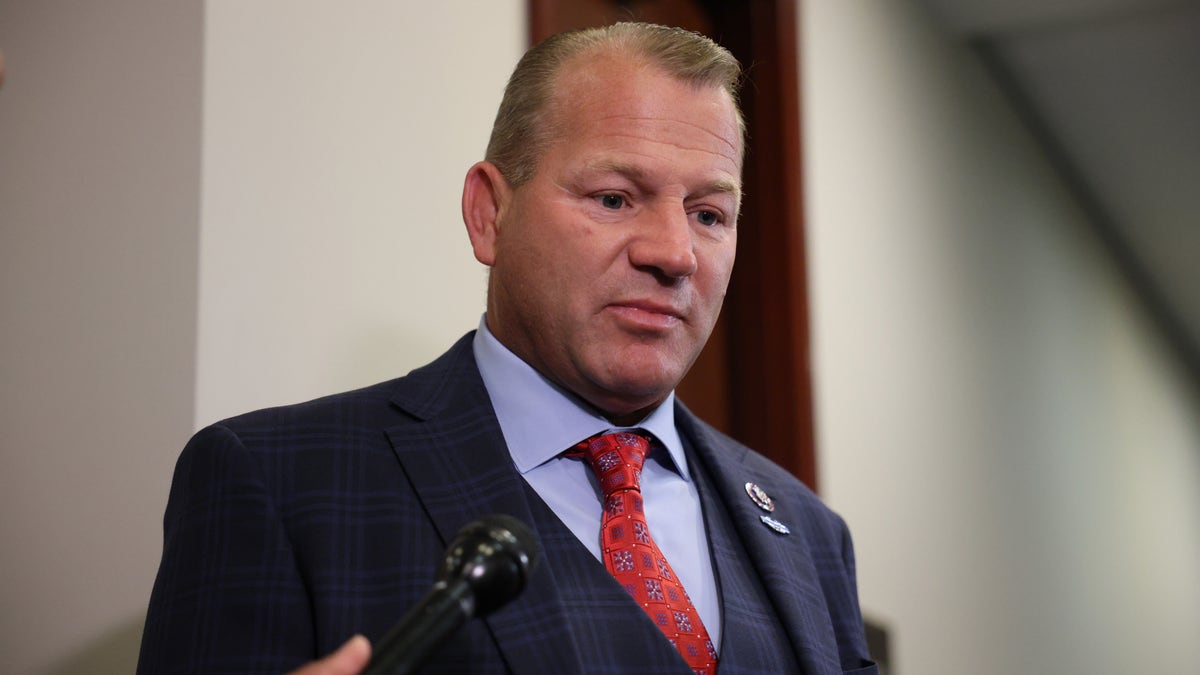Sexton: Why didn't the Biden administration ban cigarettes?
Buck Sexton joined 'Hannity' to discuss why the Biden administration banned vape products from the e-cigarette company Juul and not cigarettes.
FIRST ON FOX: A Texas GOP congressman is accusing President Joe Biden of trying to turn the United States into a "nanny state" with his crackdown on nicotine.
Rep. Troy Nehls, R-Texas, a former sheriff and fan of cigars, blasted the Biden administration over their recent policy moves targeting nicotine that bans the e-cigarette, Juul, and reportedly looks to lower nicotine levels in cigarettes.
"This administration is obsessed with regulating every part of Americans' lives—right down to the cigarette they smoke," Nehls said.

Rep. Troy Nehls, R-Texas, a fan of cigars, blasted the Biden administration over their policy moves targeting nicotine. (Anna Moneymaker/Getty Images)
"Adults have the ability to assess the risks and make a decision for themselves, they don’t need the heavy hand of government interfering with those decisions," he continued.
"Biden is trying to turn the U.S. into an outright nanny state similar to New York, but Americans do not want that," the congressman added. "They want their freedoms protected, not more government overreach."

President Biden's FDA banned the sale of vaping devices from Juul Labs, Inc., on Thursday. (REUTERS/Kevin Lamarque/File Photo)
Nehls’ comments come as the Biden administration targets the tobacco industry with new executive policies.
On Thursday, the U.S. Food and Drug Administration (FDA) banned the U.S. sales of vaping products from Juul Labs Inc., as a report earlier this week from The Wall Street Journal suggested the agency would do.

Cigarettes are the leading cause of preventable death in the U.S. The Biden administration is reportedly looking to lower nicotine levels in cigarettes. (REUTERS/Shannon Stapleton)
It was also reported Tuesday that the Biden administration was looking to drop nicotine levels in cigarettes.
CLICK HERE TO GET THE FOX NEWS APP
The effort is expected to be revealed as part of the administration's biannual "unified agenda," The Washington Post reported, citing an anonymous individual familiar with the situation.
It said experts explained that it could take at least a year for the Food and Drug Administration (FDA) to issue a proposed rule.
Fox News Digital’s Corine Gatti-Santillo and Julia Musto contributed reporting.














































